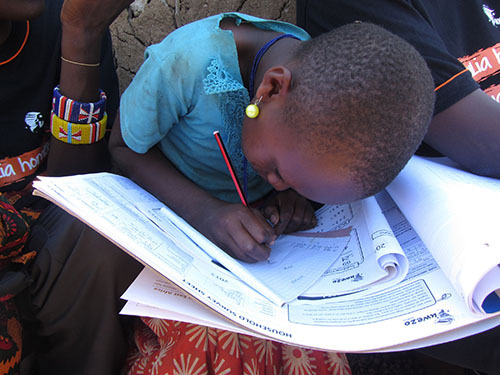
Education is one of the most effective tools we have to combat poverty.
A few years ago, my daughter and I worked with AIDS orphans in schools in Tanzania. For us it was both an inspiring experience and a tragic example of the challenges that strike hardest on people in poor countries.
The Ebola crisis is another grim reminder. The number of Ebola cases in Africa are predicted to climb to 10,000 a week by the World Health Organization. With death rates at 70 τοις εκατό, teachers and social workers on the ground are expressing grave concern about the thousands of children being orphaned by the outbreak. (See Patrick Sawer of The Telegraph).
Σε Η Σφαιρική Αναζήτηση για Εκπαίδευση σήμερα, I’ve invited Dr. Sara Ruto (Περιφερειακός Διευθυντής της Uwezo, α της πρωτοβουλία ανάγνωσης και αριθμητικής στην Κένυα, Τανζανία και την Ουγκάντα), Aarnout Brombacker (Founding partner of the South African mathematics consultancy, Brombacher and Associates), Dylan Wray (Co-founder of Shikaya, which supports the development of teachers in South Africa), and Senator David Coltart (Minister of Education, Arts and Culture for Zimbabwe from 2009 να 2013) να μοιράζονται τις απόψεις και τις λύσεις τους για την επίτευξη μετασχηματιστική αλλαγή στον τομέα της εκπαίδευσης στην Αφρική.

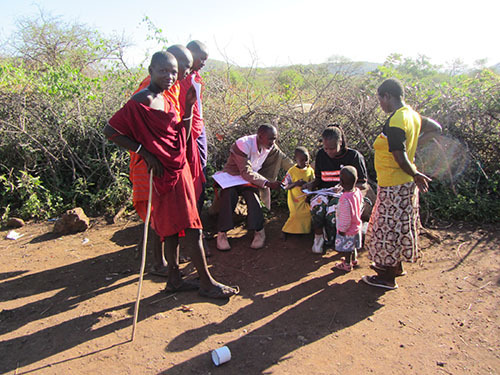
Ο 21ος αιώνας είναι η εποχή της αλλαγής των δεξιοτήτων στον κόσμο μας – δεξιότητες που απαιτούνται για τις θέσεις εργασίας του μέλλοντος. Ο ρόλος του εκπαιδευτικού είναι κρίσιμης σημασίας αυτή τη στιγμή. Σε περίπτωση που στην Αφρική που βλέπουμε χώρες πραγματικά προσπαθούν σκληρά για να βελτιώσουν τα εκπαιδευτικά τους συστήματα? What are the strategies that you find encouraging?
Dylan: I think many African countries are realizing that if the economic investment and growth we are currently seeing is to continue, education systems need to improve very quickly.
Most countries are not getting this right. Mauritius seems to be on the right path. They have consistently come out on top on the education indicators of the Mo Ibrahim African Good Governance Index. In Uganda, Kenya and Tanzania, the structures they are putting in place for collaboration around improving their education systems offers hope. Both Uganda and Kenya are undergoing curricula revisions, which are aimed at delivering a more relevant 21st century education. In Kenya, private schools are increasing rapidly as parents look beyond the state to deliver quality.
Aarnout: I see a lot of efforts to improve education systems that focus on curriculum, materials and infrastructure. While these are important, I think there are not enough efforts that focus on the teacher as the locus of change and improvement.
Sara: Africa is resplendent with success stories. Δυστυχώς, many are small pilot projects that have not satisfied the scale criteria. One example is Cape Verde where almost all children access school from the early preschool years through to secondary. Rwanda has proved that your most rural school can enjoy the benefits of technology. At the core of an education system is the teacher, and South Africa paves the way here with teachers as highly paid as those in Germany and Switzerland.
Δαβίδ: There are sadly very few countries in Africa that are investing sufficiently in education. In most African countries, far more money is spent on large bloated governments and excessive defense expenditure. Botswana and South Africa have invested fairly heavily in education, and Zimbabwe in its first decade post-independence did the same. Μέχρι εκπαίδευση γίνεται απόλυτη προτεραιότητα του προϋπολογισμού σε όλη την Αφρική, the massive challenges facing the sector will not be addressed.

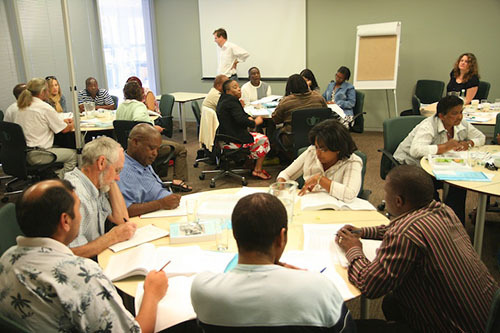
Like countries all over the world, each African country has its own unique challenges and issues facing its education systems. But are there also common challenges that extend across the continent’s borders? Which problems do you believe are unique to the African continent? Which problems do you believe Africa shares with the rest of the world?
Dylan: Zimbabwe had a very good education system in place in the 1980s and much of the 1990s. The political instability dealt a severe blow to education delivery in Zimbabwe, but it is now seeing improvement. They have seen things work in the past but many countries in Africa have not had this experience. Without this, how do you even know where to start?
Education challenges that extend across African borders include a lack of physical resources such as classrooms, computers and proper sanitation. And there are the deeper impacts of poverty that cut across systems. In many countries in Africa, children come to schools on empty stomachs. Children who are hungry do not learn.
A challenge that is not unique to Africa is the lack of well-trained, knowledgeable, and passionate teachers. This is the challenge that most countries around the world face, and it is what holds the solution for improving education on a global scale. It is teachers who make or break the system.
Sara: The African continent is almost all united in a colonial experience that left a heavy foreign based curriculum and ethos that has taken more than three decades to shake off. Diversity within, especially with regard to languages, has delayed crucial decisions. Perhaps more than other places, we have two parallel knowledge systems that do not make any attempt to complement each other – the school based official one, and community knowledge. Africa continues to explore how the education system can be made more responsive, can instill values and competencies that allow children to succeed, can be learning institutions rather than drilling centres.
Aarnout: An easy response includes under-resourcing in terms of learning materials, the quality of classrooms, and general school infrastructure. Ωστόσο,, the greater challenge is around pedagogy. Current practice is focused on memorization rather than developing understanding. My sense is that while this is not unique to Africa, it may be more exaggerated in Africa. Bringing about a change in what it means to teach involves a fundamental revision of the predominant mental model.
Δαβίδ: In many countries throughout the world there is insufficient investment in education. Primarily, this has resulted in the undermining of the teaching profession in many countries, with some key exceptions such as Singapore and Finland. It has also resulted in educational institutions being underfunded throughout the world. However the educational funding crisis is even more acute in Africa; teachers are often despised and dreadfully underpaid. The teaching profession is one of the least attractive and worst paid professions on the continent.

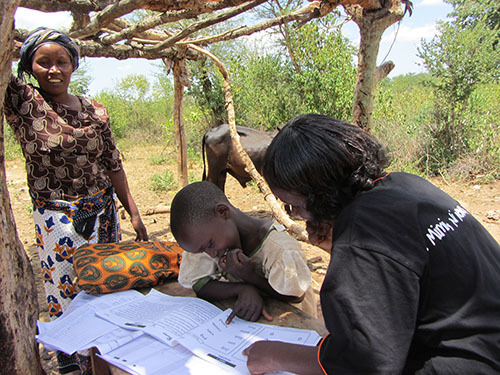
If you were able to invest more time and money in reforming Africa’s education systems, where would you start?
Dylan: I would do everything possible to ensure that new, knowledgeable, passionate and dedicated teachers enter the system. A focus also needs to be on improving the conditions of service for teachers and, crucially, on improving the status of the profession.
I would focus my attention in the system on early childhood development and the foundation years of primary school. The state needs to step in here and begin the learning early on.
Aarnout: I would take a long-term view and start in the early years with a focus on teacher development. I would invest in both pre-service and in-service teacher training, supporting teachers to implement more research based teaching methodologies.
Sara: Αναμφισβήτητα η πιο δυσλειτουργική εκπαιδευτικά συστήματα, ειδικά δημόσια σχολεία, πρέπει να βρίσκονται στην Αφρική. Αυτό έχει σχέση με ένα μεγαλύτερο πρόβλημα που είναι διττός: a washed away value system and lack of imagination. It is herein I would invest my time and money. Values do not rest on the state; they rest in the individual and are ‘lived’. Often they are called the ‘soft skills’ of having integrity, being accountable, and truthful. If the teachers lived this, together with parents and children, we would have the recipe to address the core issues. System reforms are missing out on the core problem, and investing more in the symptoms.
Δαβίδ: I would start with the teaching profession; investing more money in their training institutions, σε συνθήκες στέγασής τους και φυσικά στους γενικούς όρους των υπηρεσιών τους. Μέχρι το επάγγελμα του εκπαιδευτικού γίνεται πιο ελκυστική στην Αφρική, Αφρικανικές χώρες δεν θα δουν τα εκπαιδευτικά τους συστήματα βελτιώνουν. Κατά δεύτερο λόγο, Θα ήθελα να συγκεντρώσουμε περισσότερους πόρους για στην αναβάθμιση των προγραμμάτων σπουδών. Τέλος, θα ήθελα να αυξήσει σημαντικά τις επενδύσεις στη διατήρηση των υφιστάμενων σχολείων, η κατασκευή νέων σχολείων και οι διατάξεις του εκπαιδευτικό υλικό όπως σχολικά βιβλία.
Ο Δρ. Sara Ruto – Για περισσότερες πληροφορίες
Aarnout Brombacher – Για περισσότερες πληροφορίες
Dylan Wray – Για περισσότερες πληροφορίες
Γερουσιαστής Ντέιβιντ Coltart – Για περισσότερες πληροφορίες

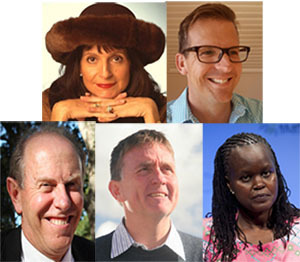
(Όλες οι φωτογραφίες είναι ευγενική προσφορά του Δρ. Sara Ruto και ο Dylan Wray)
Έλα μαζί μου και παγκοσμίως γνωστή ηγέτες σκέψης συμπεριλαμβανομένου του Sir Michael Barber (Ηνωμένο Βασίλειο), Ο Δρ. Michael Block (ΗΠΑ), Ο Δρ. Leon Botstein (ΗΠΑ), Καθηγητής Clay Christensen (ΗΠΑ), Ο Δρ. Linda Ντάρλινγκ-Hammond (ΗΠΑ), Ο Δρ. MadhavChavan (Ινδία), Ο καθηγητής Michael Fullan (Καναδάς), Ο καθηγητής Howard Gardner (ΗΠΑ), Ο καθηγητής Andy Hargreaves (ΗΠΑ), Ο καθηγητής Yvonne Hellman (Η Ολλανδία), Ο καθηγητής Kristin Helstad (Νορβηγία), Jean Hendrickson (ΗΠΑ), Καθηγητής Rose Hipkins (Νέα Ζηλανδία), Καθηγητής Cornelia Hoogland (Καναδάς), Αξιότιμο Jeff Johnson (Καναδάς), Η κ. Chantal Kaufmann (Βέλγιο), Ο Δρ. EijaKauppinen (Φινλανδία), Υφυπουργός TapioKosunen (Φινλανδία), Ο καθηγητής Dominique Λαφοντέν (Βέλγιο), Ο καθηγητής Hugh Lauder (Ηνωμένο Βασίλειο), Καθηγητής Ben Levin (Καναδάς), Lord Ken Macdonald (Ηνωμένο Βασίλειο), Καθηγητής Barry McGaw (Αυστραλία), Shiv Nadar (Ινδία), Καθηγητής R. Natarajan (Ινδία), Ο Δρ. PAK NG (Σιγκαπούρη), Ο Δρ. Denise Πάπα (ΗΠΑ), Sridhar Rajagopalan (Ινδία), Ο Δρ. Diane Ravitch (ΗΠΑ), Richard Wilson Riley (ΗΠΑ), Sir Ken Robinson (Ηνωμένο Βασίλειο), Καθηγητής PasiSahlberg (Φινλανδία), Καθηγητής Manabu Sato (Ιαπωνία), Andreas Schleicher (PISA, ΟΟΣΑ), Ο Δρ. Anthony Seldon (Ηνωμένο Βασίλειο), Ο Δρ. David Shaffer (ΗΠΑ), Ο Δρ. Kirsten Μοναδική Are (Νορβηγία), Στήβεν Spahn (ΗΠΑ), Yves Theze (LyceeFrancais ΗΠΑ), Ο καθηγητής Charles Ungerleider (Καναδάς), Ο καθηγητής Tony Wagner (ΗΠΑ), Sir David Watson (Ηνωμένο Βασίλειο), Καθηγητής Dylan Γουίλιαμ (Ηνωμένο Βασίλειο), Ο Δρ. Mark Wormald (Ηνωμένο Βασίλειο), Ο καθηγητής Theo Wubbels (Η Ολλανδία), Ο καθηγητής Michael Young (Ηνωμένο Βασίλειο), και ο καθηγητής Minxuan Zhang (Κίνα) καθώς εξερευνούν τα μεγάλα ζητήματα της εκπαίδευσης εικόνα που όλα τα έθνη αντιμετωπίζουν σήμερα.
Η Παγκόσμια αναζήτηση για την Εκπαίδευση της Κοινότητας Σελίδα
C. M. Rubin είναι ο συγγραφέας των δύο πολυδιαβασμένα online σειρά για την οποία έλαβε ένα 2011 Βραβείο Upton Sinclair, “Η Σφαιρική Αναζήτηση για Εκπαίδευση” και “Πώς θα μας Διαβάστε?” Είναι επίσης ο συγγραφέας του μπεστ σέλερ τρία βιβλία, Συμπεριλαμβανομένων Η Ρεάλ Αλίκη στη Χώρα των Θαυμάτων, Είναι ο εκδότης του CMRubinWorld, και είναι ένα Ίδρυμα Fellow δι'υπερήχων.
Ακολουθήστε C. M. Rubin στο Twitter: www.twitter.com/@cmrubinworld


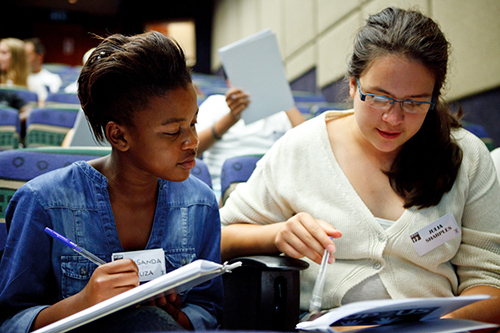
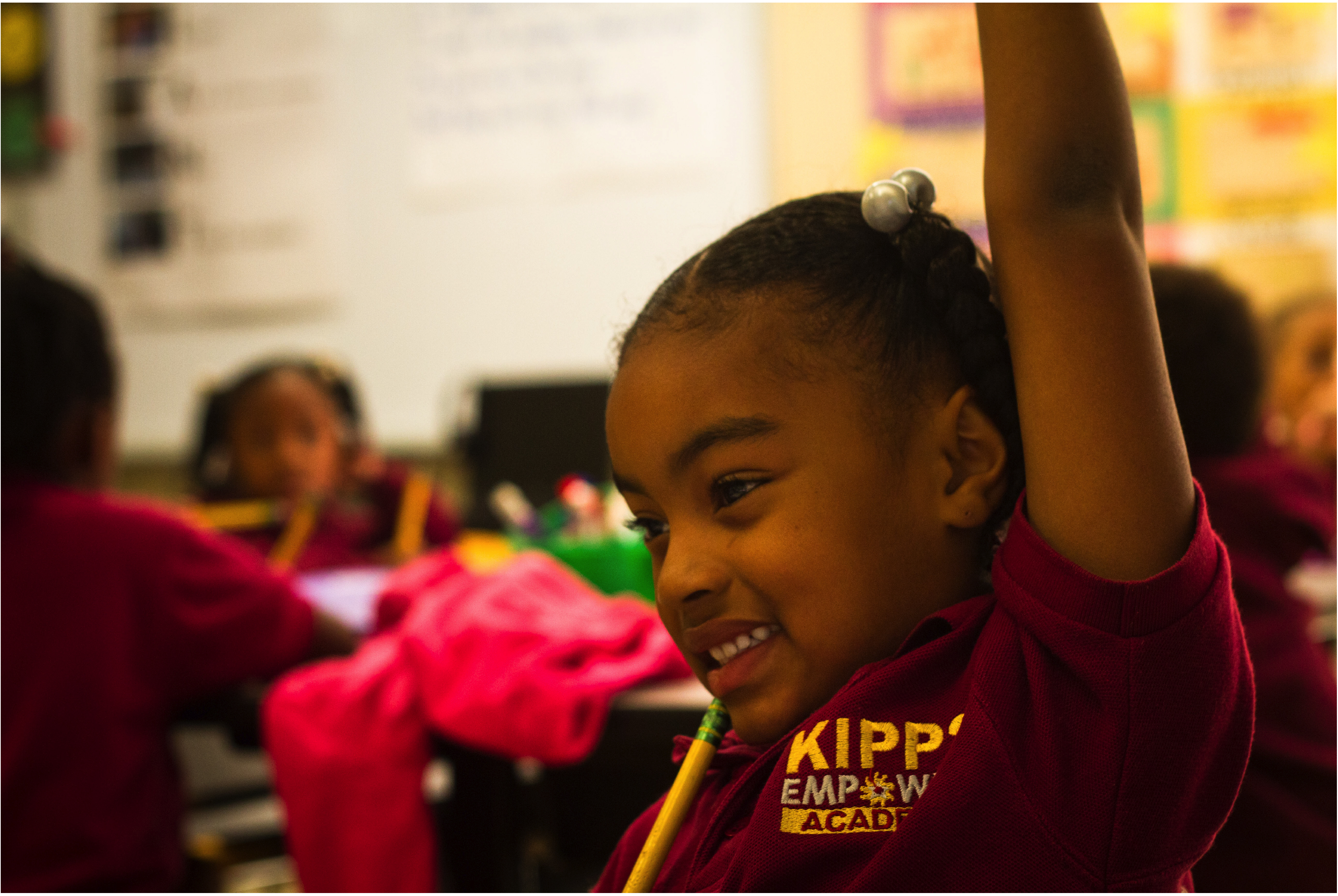
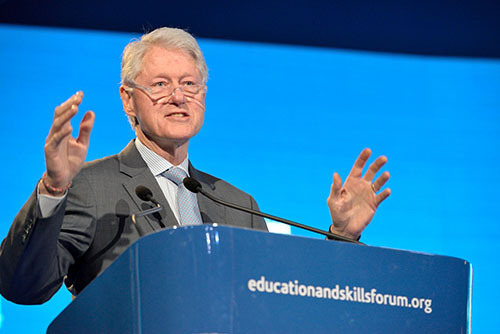

Πρόσφατα σχόλια